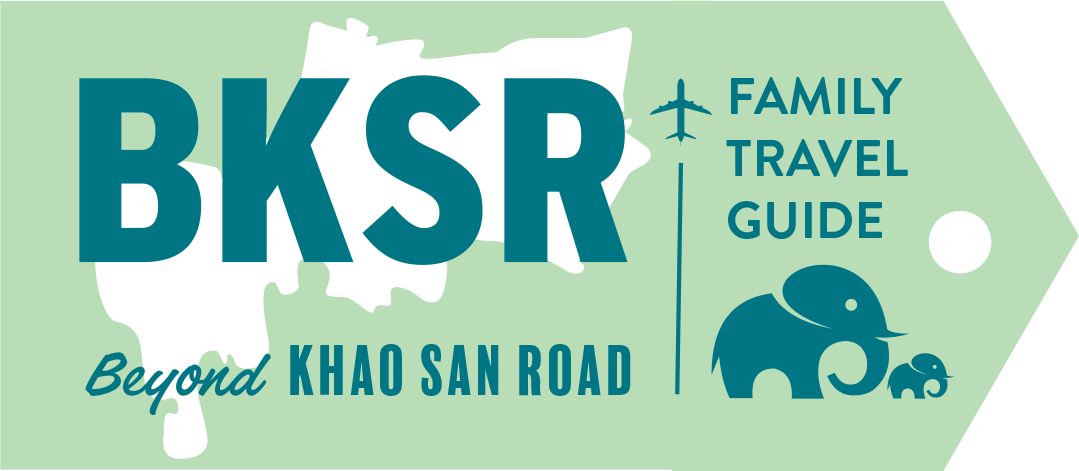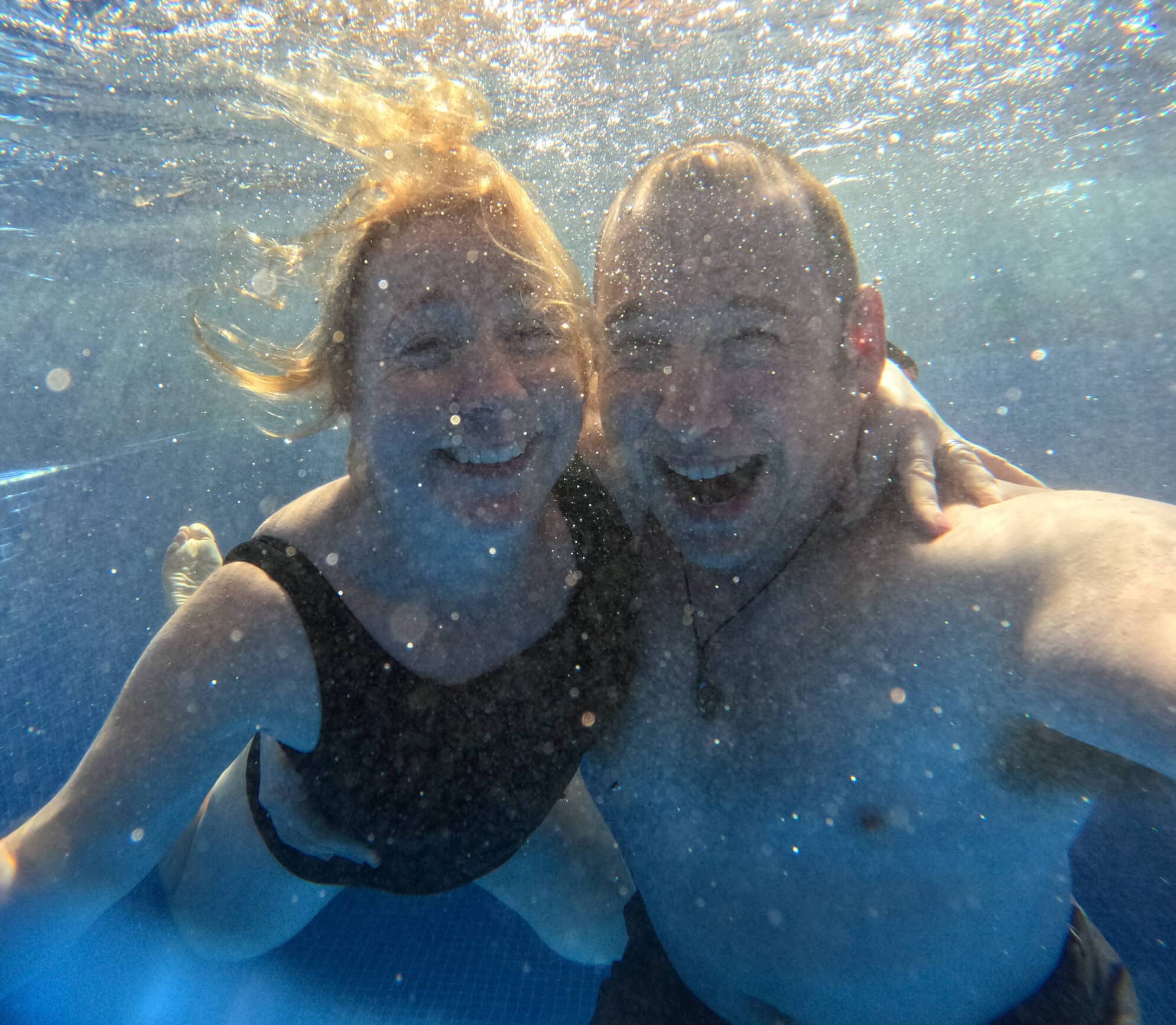Travelling with your children is sure to create unforgettable, lifelong memories. However, as you embark on your adventures together, you may have to rely on public Wi-Fi in hotels or cafes for your children’s education and to stay connected with friends back home. If so, it is essential that you are using a VPN when travelling.
It is important because these public networks can pose genuine risks to your online security and expose your banking information or other passwords to hackers. Anybody connected to the network, which could be thousands of people if you are using one at an airport, can grab your unsecured data as it flies through the air.
For more tips on avoiding classic backpacking swindles and to read about some of the times we have fallen for them check out our post: On the Road With Children: Safeguarding Against Travel Scams.
Happily, there is an easy way for you to protect yourself and your children from potential threats online by using a Virtual Private Network (VPN).
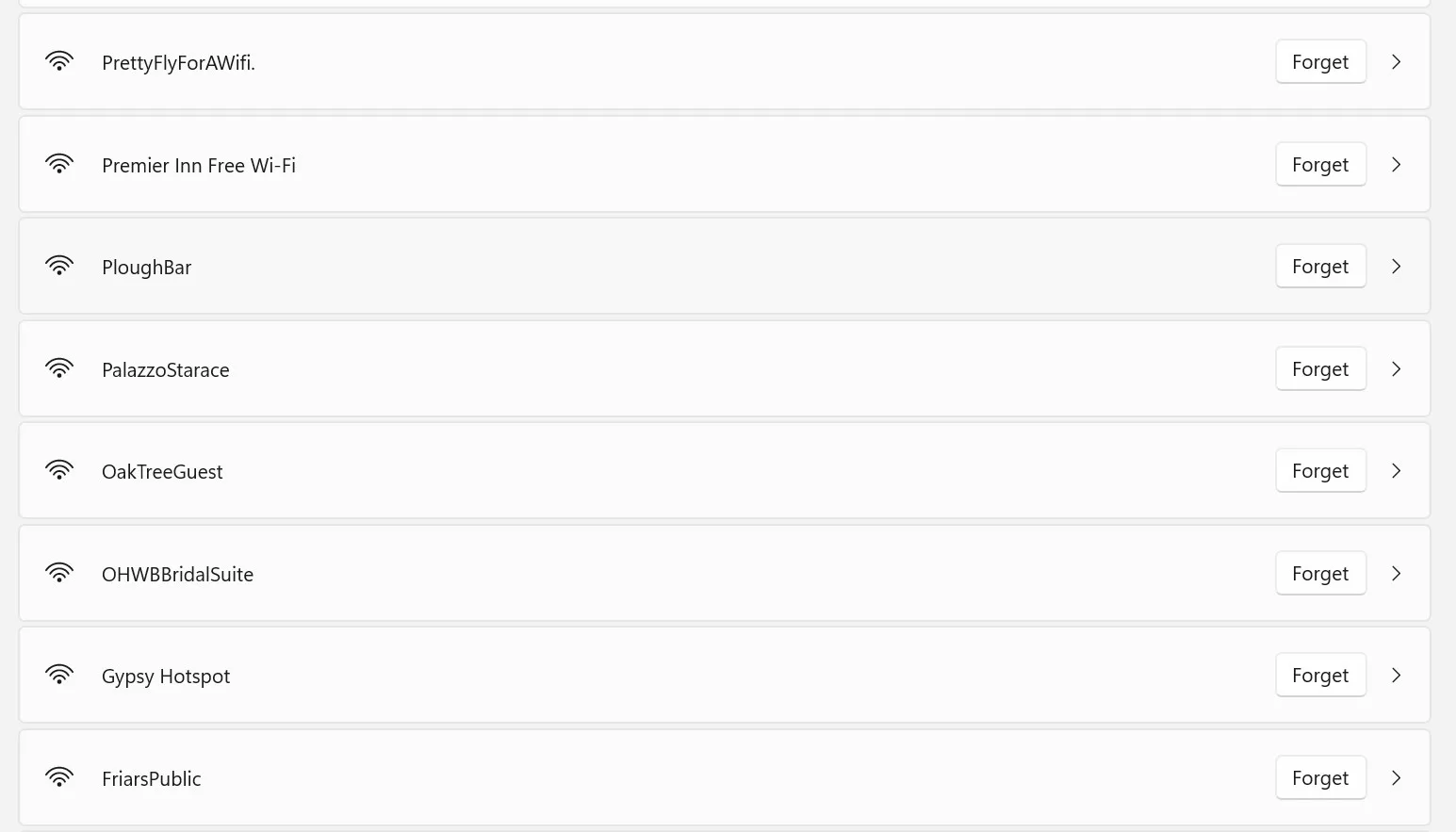
What is a VPN, and how does it work?
A VPN, or Virtual Private Network, is a secure connection between your device (such as a computer, tablet or smartphone) and the internet. It works as a sealed tunnel between you and the online services you access.
When you use a VPN, your internet traffic is encrypted, meaning it’s scrambled and made unreadable to anyone who might try to intercept it. This encryption ensures your personal data, such as passwords and credit card numbers, remains confidential and protected from hackers.
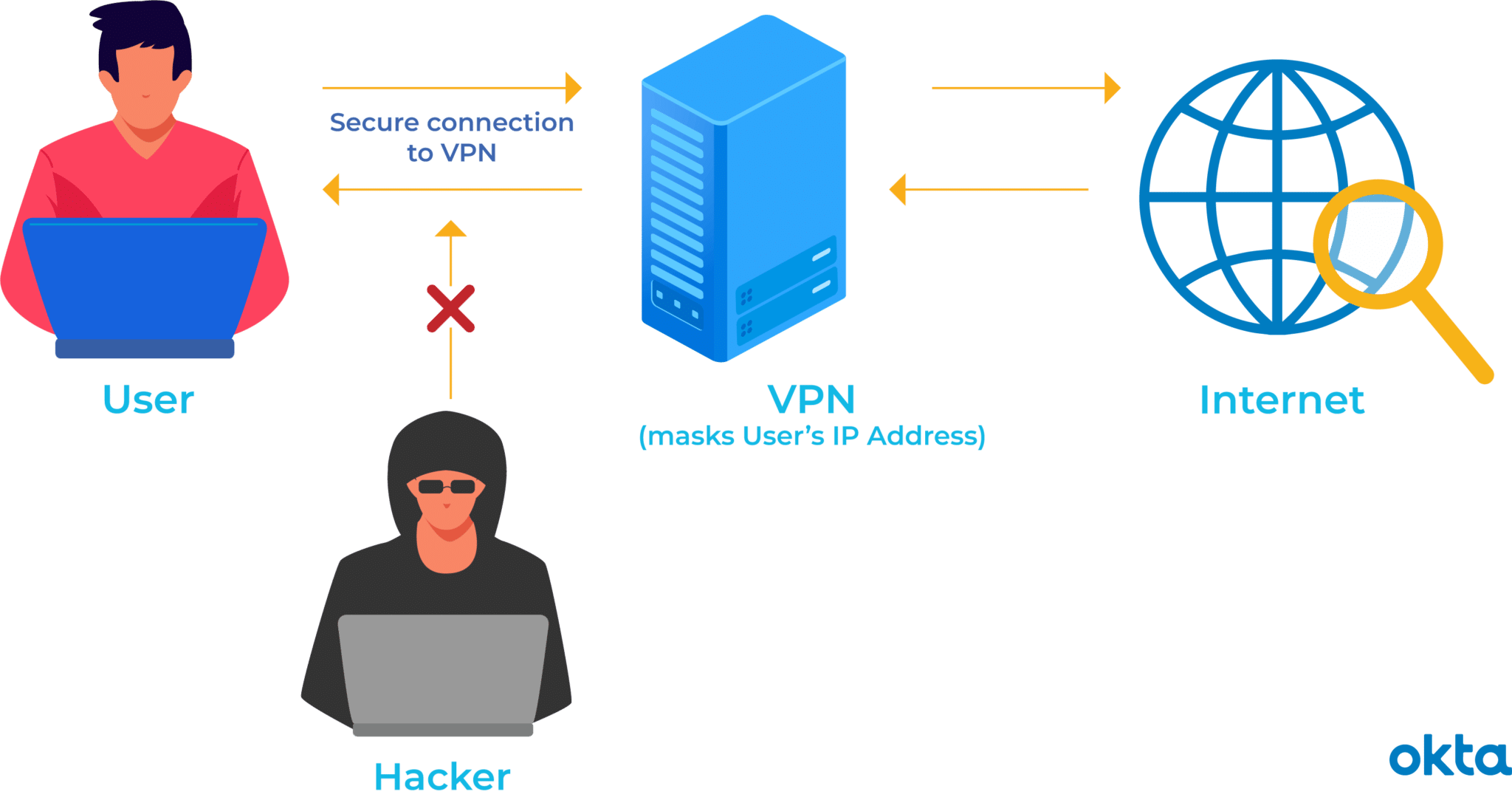
Other Advantages of Using a VPN When Travelling
Beyond helping to keep you safe online, A VPN can also let you access web services unavailable in your current area. For example, you can use a VPN to access the BBC iPlayer by setting your location as London, even if you are in Azerbaijan.
A VPN can also be used to bypass some forms of state censorship. If you are in a country with a dubious relationship with the truth, a VPN can let you access restricted sites like Wikipedia or Reuters.
Finally, it can also get you lower prices for digital services by setting your location to a different country. One example is you can get YouTube Premium for $1.52 a month if your location appears to be Argentina, whereas in the UK it is £11.99. You can even use it to get cheaper flights!
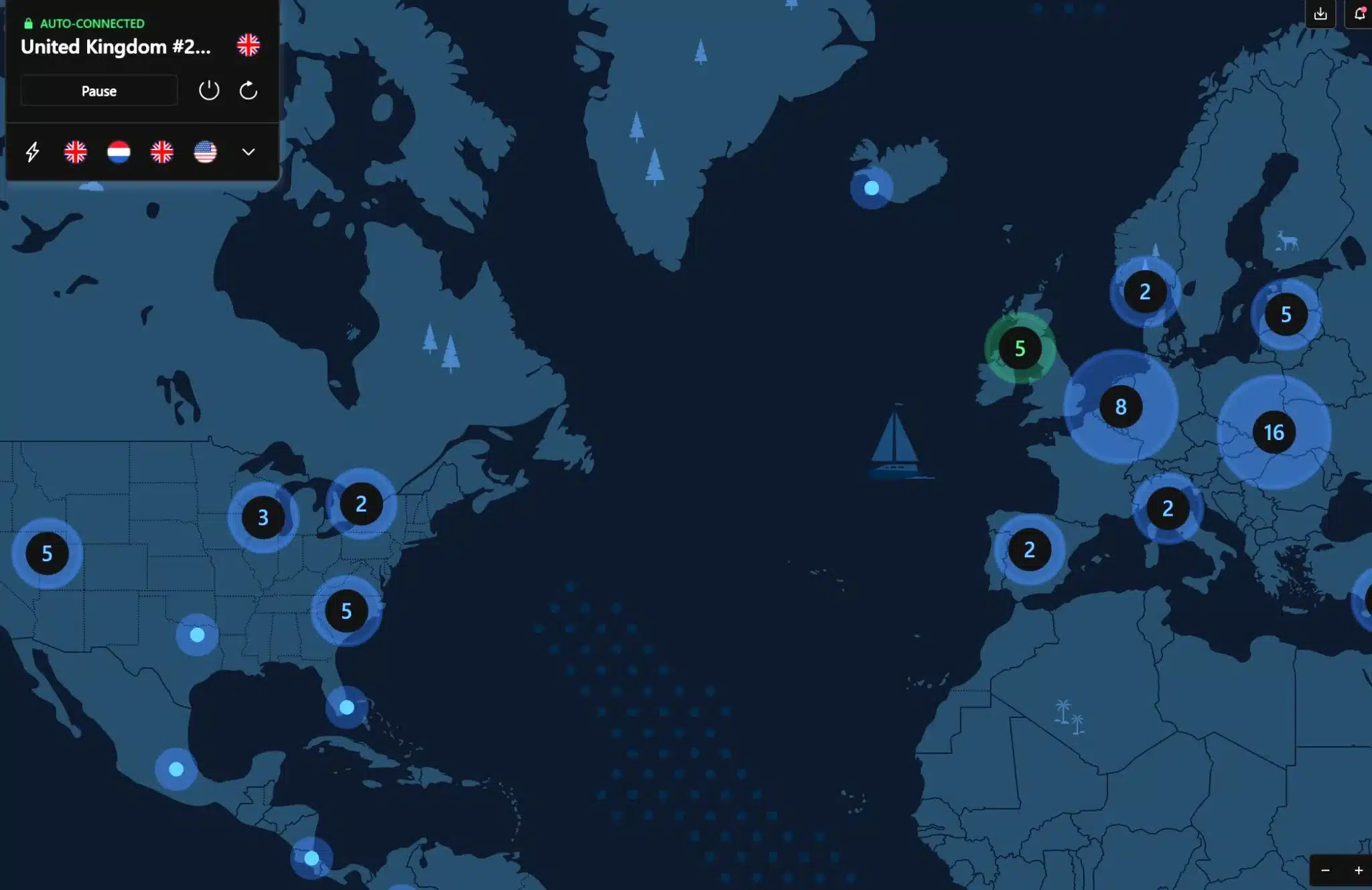
Which VPN to use?
There is no shortage of VPNs, but after much research, we decided to go for NordVPN as it offered the best service for us and our children at a great price.
NordVPN not only helps keeps you and your children safe online, but it also allows you to secure six devices on one account. For us, that is perfect as it covers our two phones, two laptops and the girl’s tablets.
On top of that, it also scans downloads for malware (perfect for when Georgia starts clicking on random links!), blocks intrusive ad trackers that follow you around the internet, and scans the dark web to see if any of our usernames or passwords have been leaked.
It is easy to set up and use and costs £3.19 a month (not a day!) when you purchase a two-year plan which is excellent value. It runs on almost any device, including Windows, IOS, Android, and Linux.
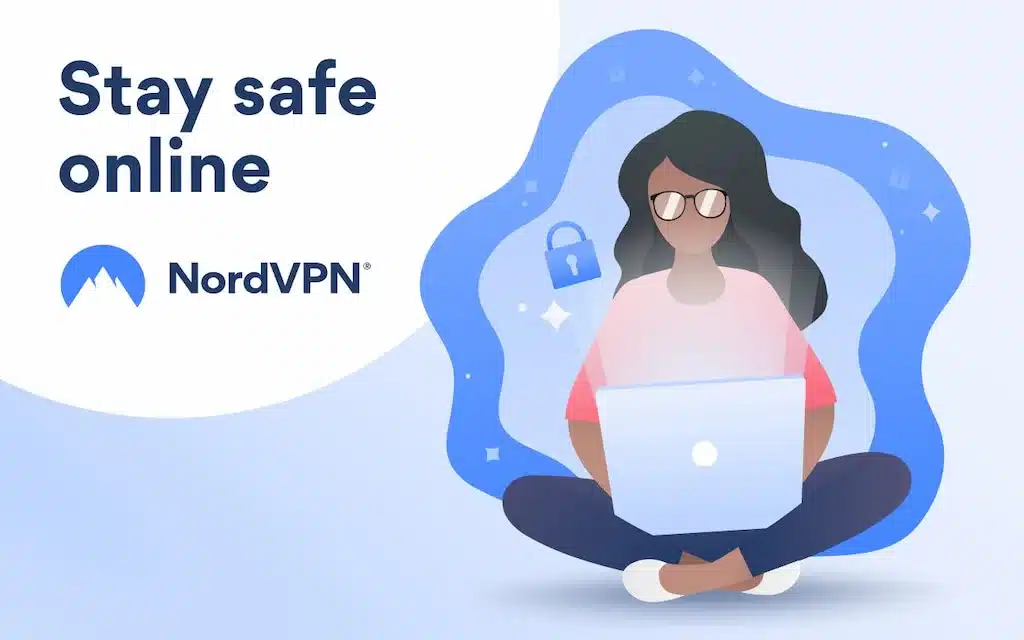
We hope you found the above useful and are now considering securing your personal data when you travel. If you have any tips, then please leave us a comment below!
